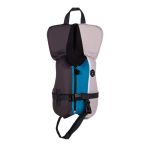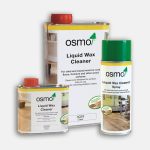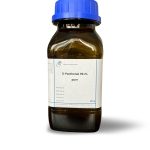Maximize Density With Liquid Densifier: Unleash The Power Of Click To Action!
Liquid Densifier: Understanding its Benefits and Drawbacks
Introduction
Dear readers,
3 Picture Gallery: Maximize Density With Liquid Densifier: Unleash The Power Of Click To Action!
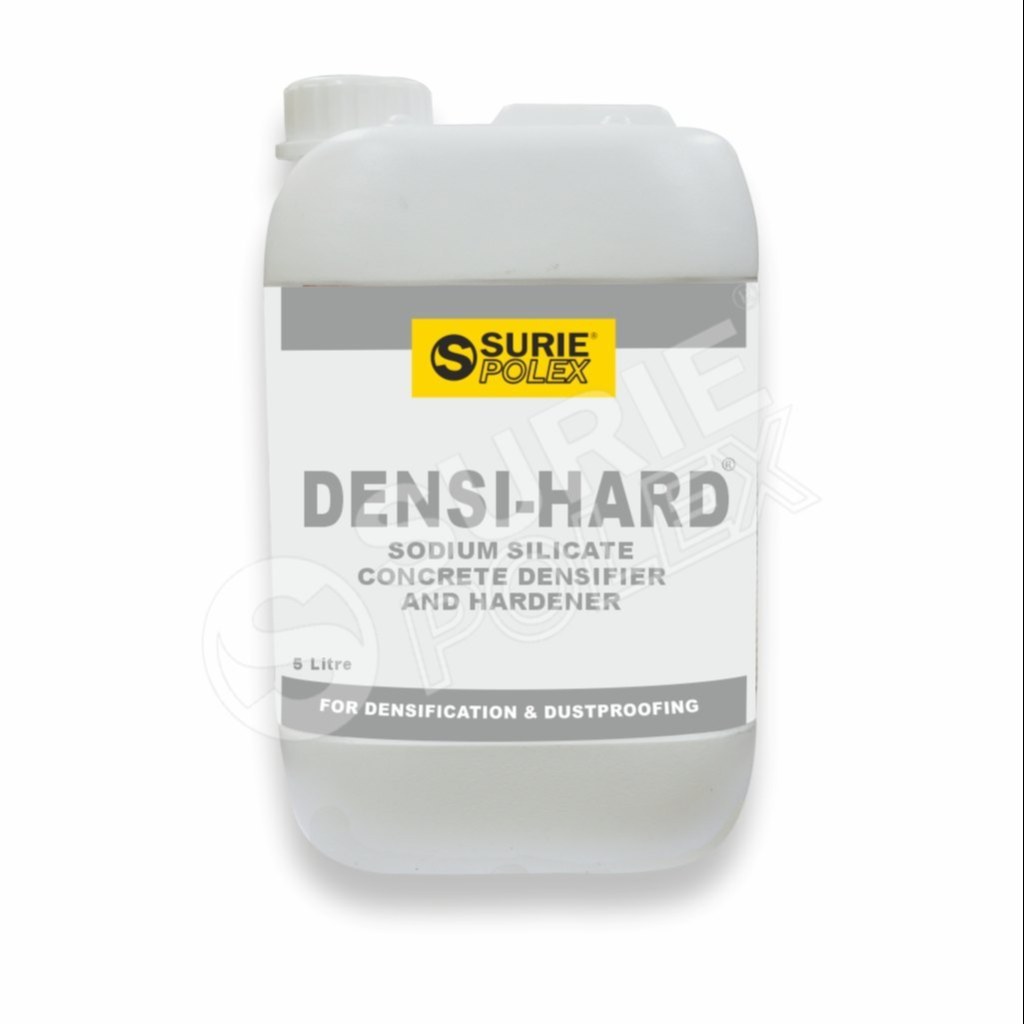
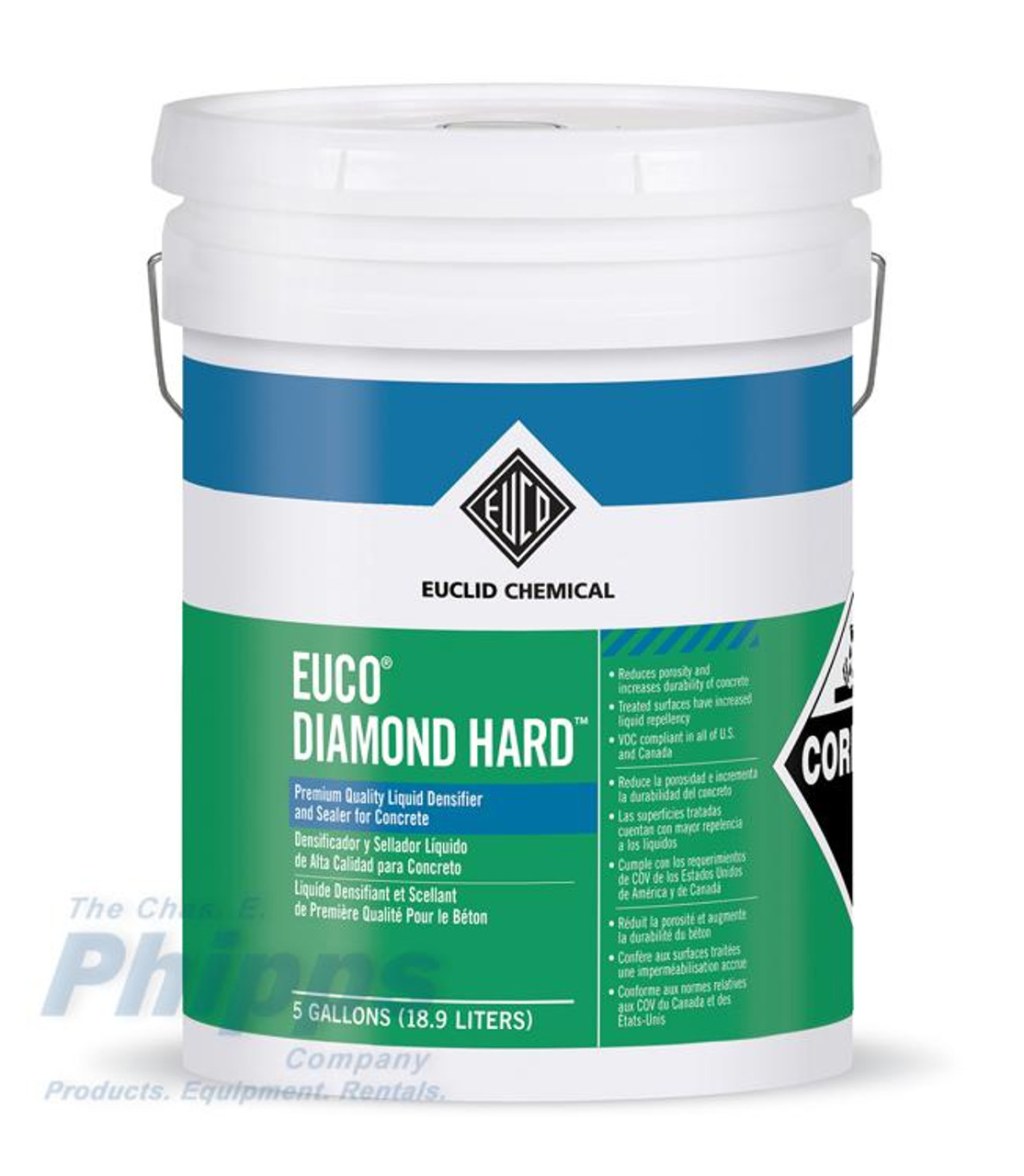
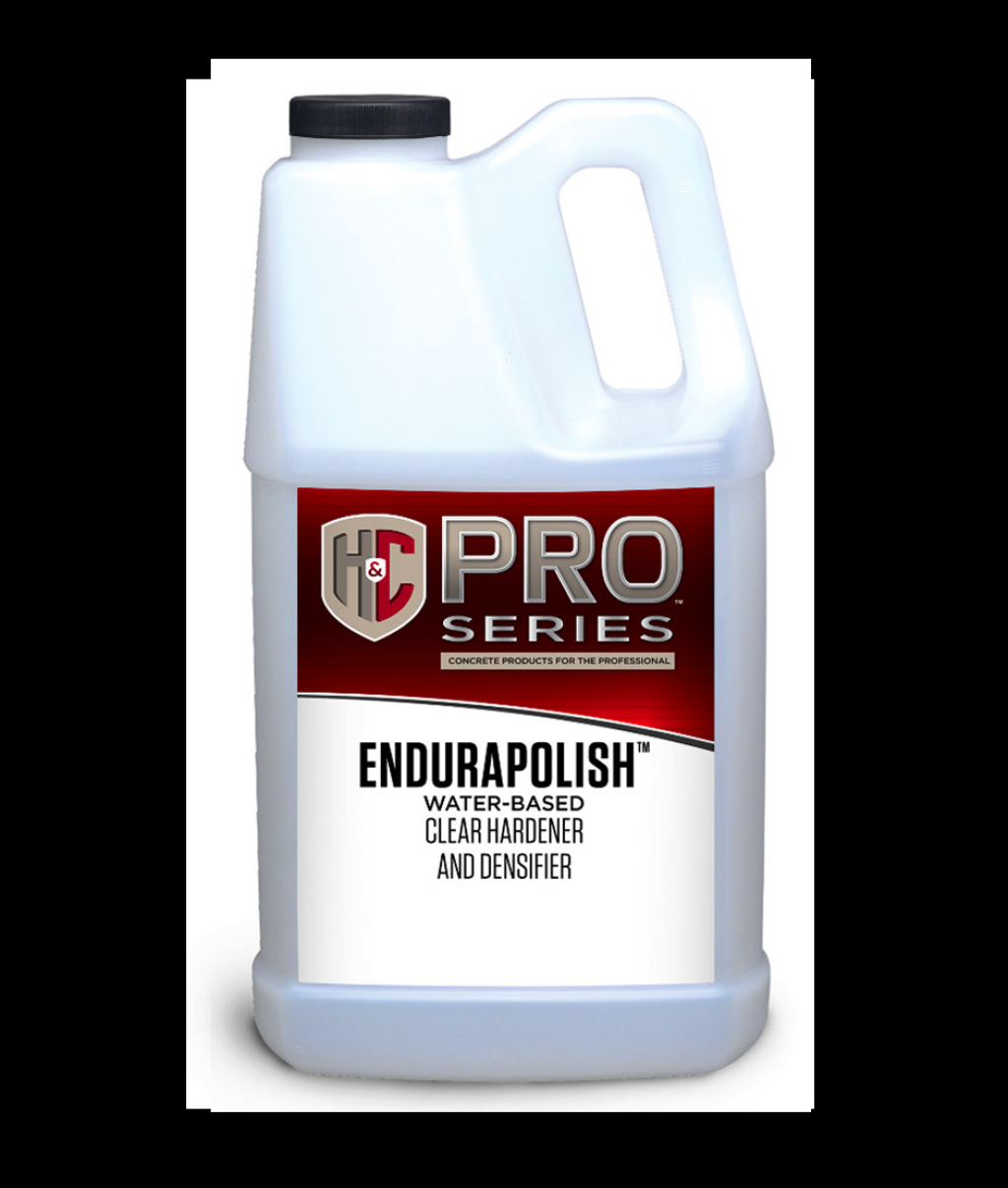
Welcome to today’s informative article on liquid densifiers. In this piece, we will explore the world of liquid densifiers, providing comprehensive information on what they are, who uses them, when and where they are used, why they are beneficial, how they work, and their advantages and disadvantages. By the end of this article, you will have a solid understanding of liquid densifiers and be able to make informed decisions regarding their usage. So let’s dive in!

Image Source: imimg.com
Information
Details
Product Name
Liquid Densifier
Application
Concrete Flooring
Main Purpose
Improving Concrete Strength and Durability
What is Liquid Densifier?

Image Source: bigcommerce.com
🔍 Liquid densifier is a chemical compound used in the construction industry, primarily for concrete flooring applications. It is a solution that penetrates the surface of concrete, chemically reacting with calcium hydroxide to create a crystalline structure. This structure fills the pores in the concrete, making it more dense, stronger, and less susceptible to damage.
Who Uses Liquid Densifier?
👥 Liquid densifiers are used by a wide range of professionals in the construction industry, including contractors, engineers, architects, and property owners. It is especially popular for commercial and industrial projects where high-performance concrete flooring is required.
When and Where is Liquid Densifier Used?

Image Source: hcconcrete.com
📅 Liquid densifiers are typically used during the construction or renovation of concrete floors. They are commonly applied in warehouses, manufacturing facilities, retail spaces, hospitals, and other high-traffic areas where durability and longevity are crucial.
Why Use Liquid Densifier?
🔑 Liquid densifiers offer several key benefits for concrete flooring:
Increased strength and durability: By densifying the concrete, liquid densifiers enhance its strength and resistance to abrasion, impact, and cracking.
Improved stain and chemical resistance: The crystalline structure formed by the densifier helps reduce the absorption of liquids, making the concrete more resistant to stains and chemicals.
Reduced dusting: Liquid densifiers bind loose particles on the surface of the concrete, reducing dusting and making the floor easier to clean and maintain.
Enhanced aesthetics: Densifiers can improve the appearance of concrete floors, providing a glossy, polished finish.
Cost-effective: Using liquid densifiers can be a cost-effective alternative to other concrete strengthening methods.
Environmentally friendly: Most liquid densifiers are water-based and have low VOC content, making them environmentally friendly.
Advantages and Disadvantages of Liquid Densifier
✅ Here are the advantages and disadvantages of using liquid densifiers:
Advantages
Increased concrete strength and durability.
Improved resistance to stains and chemicals.
Reduced dusting and easier maintenance.
Enhanced aesthetics with a glossy finish.
Cost-effective compared to other methods.
Disadvantages
Requires proper surface preparation for optimal results.
May increase the surface hardness, potentially causing issues with bonding to coatings or overlays.
Not suitable for all concrete applications, such as vertical surfaces or heavily trafficked areas.
Requires professional application for best outcomes.
Can take several days for the full densifying effect to occur.
Frequently Asked Questions
🔔 Here are some frequently asked questions about liquid densifiers:
1. Can liquid densifiers be used on old concrete?
Yes, liquid densifiers can be used on old concrete to improve its strength and durability.
2. How long does it take for a liquid densifier to fully react with concrete?
The reaction time can vary depending on factors such as temperature and humidity, but it typically takes several days for the full densifying effect to occur.
3. Can a liquid densifier be applied to a concrete surface that has been previously sealed?
No, it is generally recommended to remove any previous sealers or coatings before applying a liquid densifier for optimal penetration and effectiveness.
4. Will a liquid densifier make the concrete completely stain-proof?
No, while a liquid densifier improves stain resistance, it does not make the concrete completely impervious to all stains. Prompt cleaning of spills is still recommended.
5. Can liquid densifiers be used outdoors?
Yes, certain liquid densifiers are suitable for outdoor use, but it is important to choose one specifically designed for outdoor applications and follow the manufacturer’s instructions.
Conclusion
📌 In conclusion, liquid densifiers are valuable tools in the construction industry for improving the strength, durability, and aesthetics of concrete flooring. They offer numerous benefits, including increased resistance to stains and chemicals, reduced dusting, and cost-effectiveness. However, it is essential to consider the potential disadvantages and follow proper application guidelines for optimal results. Whether you are a contractor, engineer, architect, or property owner, liquid densifiers can be a valuable addition to your concrete flooring projects.
Thank you for reading, and we hope this article has provided you with valuable insights into liquid densifiers. If you have any further questions or require assistance, please don’t hesitate to reach out. Good luck with your future construction endeavors!
Best regards,
[Your Name]
Final Remarks
Disclaimer: The information provided in this article is for educational purposes only and should not be considered as professional advice. It is always recommended to consult with experts and follow manufacturer guidelines when using liquid densifiers or any other construction materials.
This post topic: Liquid

